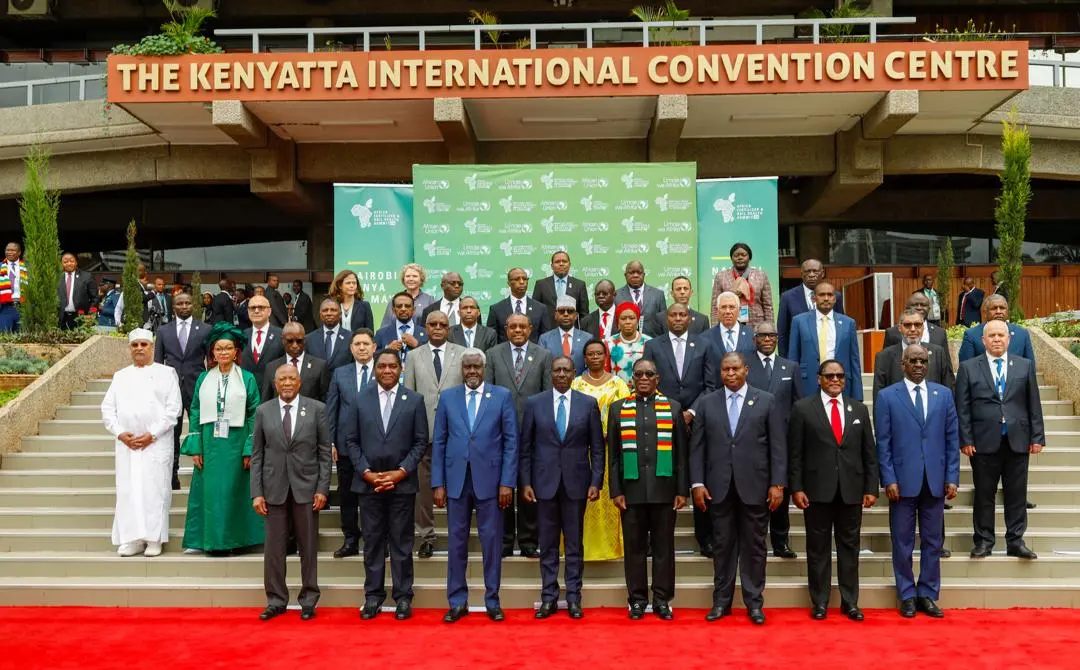Boosting Resilience: Organic Solutions for Africa’s Soil Health and Small-Scale Farmers

The Africa Fertilizer and Soil Health Summit took place in Nairobi from May 7-9, 2024, to address the decline in soil quality across African farmland. GIZ-SLGA through the Network of Excellence on Land Governance in Africa-NELGA, in collaboration with the African Union Commission (AUC), showcased a study on “Small-Scale Farmers in the Frame of Climate Change and its Impact on Agricultural Production: Lessons Learned from Nine African Countries”.
Presenting the study, Dr Tchigankong Noubissie highlighted that small-scale agriculture in the Sahelian, Saharan, and Sudanian regions faces significant risks due to unpredictable rainfall, which affects food security. Climate change has led to issues such as disrupted rainy seasons, drought, flooding, and soil degradation, severely impacting livelihoods dependent on rain-fed farming.
To address these challenges, several African governments have implemented national policies to support small-scale agriculture. These policies include redistributing farmland to landless producers and vulnerable social groups and providing direct aid such as food and energy subsidies, tax exemptions, loans, and fertilizer subsidies.
The main argument emphasised the need for small-scale farmers to adopt more resilient agricultural practices amid extreme weather events. He recommended supporting organic farming and reducing pesticide use through participatory processes. This transition would help build healthy soil, retain water, and boost natural nutrients, making crops more adaptable to climate change.
Organic fertilisers should be made accessible to farmers through capacity-building initiatives, contributing to a reduced carbon footprint in African agricultural practices. Promoting organic agriculture not only supports soil and human health but also enhances the resilience of small-scale farmers against climate change.